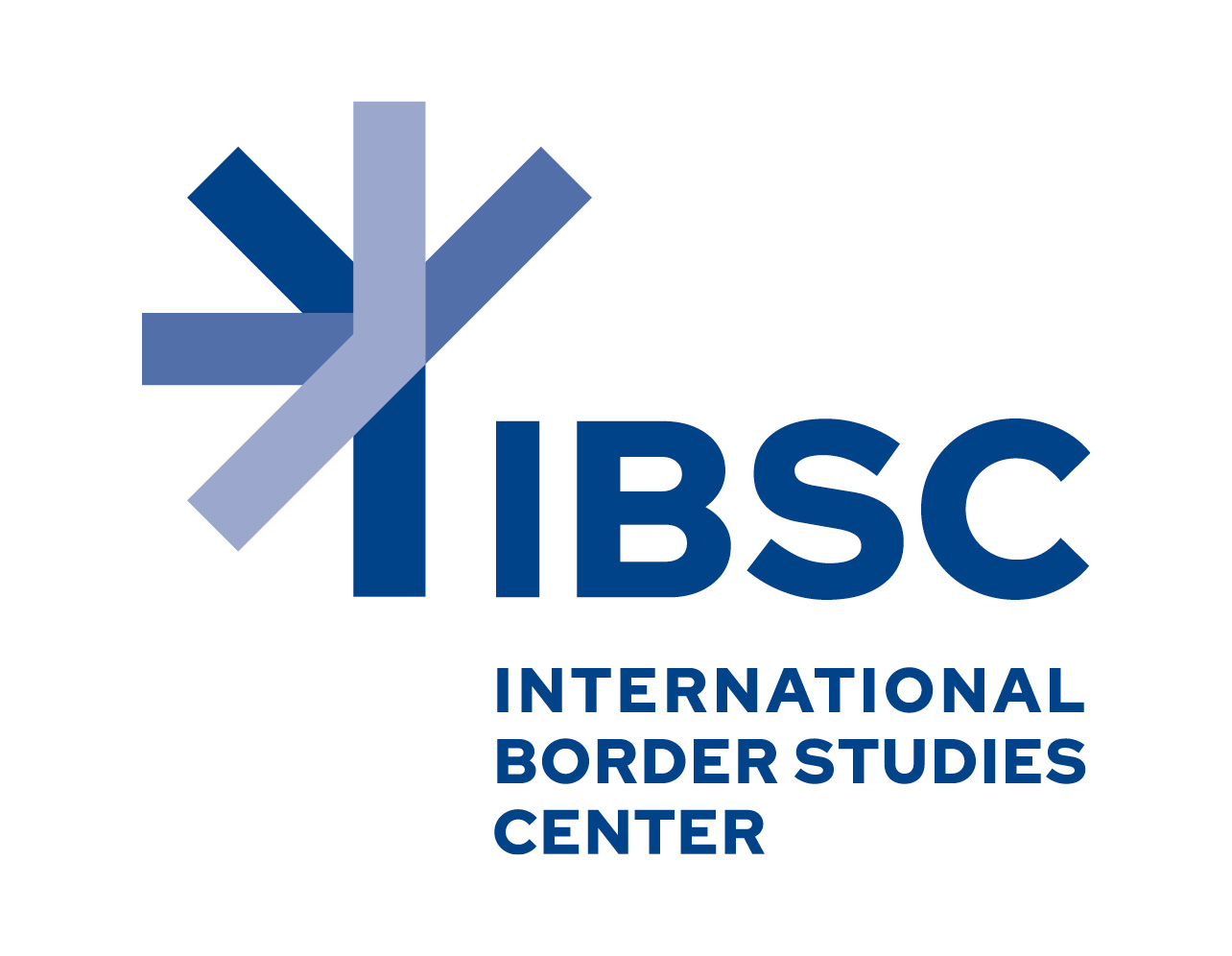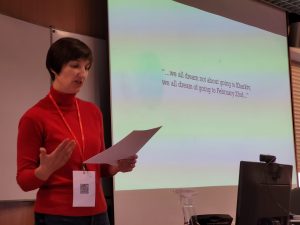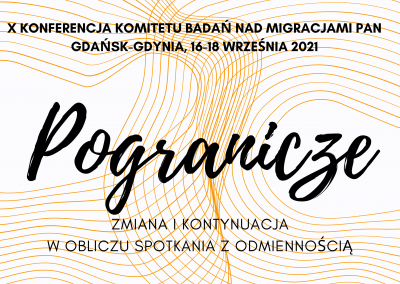Dr Welizarowicz visits University of New Mexico on October 24-28, 2022 (Teaching mobility, Erasmus+)
I arrived on Saturday before the planned engagements. Albuquerque has a small airport built in the adobe style and designed in a Southwestern/Indo-Hispano/American Indian flavor. Located on a plateau between protrusions of scattered mountain ranges it is cut in half by the Rio Grande. The city has free public transportation as an experimental program. A commute to Santa Fe on a train called Rail Runner is $1.25.
A Roadrunner, a southwestern running bird, welcomed me in the morning at my door steps. Landscape is desert and flat, the horizon immense, the houses mostly in adobe style are low, max. two stories tall. Vegetation is high desert, there are only a few frost resilient palm trees.
University of New Mexico is built in an adobe style too. Many of the buildings are really beautiful, a lot of construction is going on.
I taught my first class at the Spanish and Portuguese Dept on Monday and saw the students again on classes on Wednesday and Friday where we continued our conversations on the topic of Chicano theater. The class was a diverse group of students, bilingual, most but not all of Hispanic background. On Wednesday I taught a seminar “Border Monsters: Spectrality in the Borderlands”. The material presented contained my own research and it was a great opportunity to share it with a group of graduate researchers working with my host Dr. Santiago Vaquera-Vasquez (Chair of the Spanish and Portuguese Studies). The material provoked discussions which we continued well into the night after the class was over. We talked about extending this cooperation further and planned future exchanges.
As my visit coincided with the Hispanic Heritage Month thanks to my host, I participated in local community cultural events. On Tuesday, October 25, I attended a gala for Mexican American film director Hector Galán at the National Hispanic Cultural Center (NHCC) in Albuquerque. This was a cultural event of the highest caliber, and it gathered representatives of the city’s cultural and academic elites. For example, I met Dr. Margie Huerta, the Executive Director of the NHCC, Anthony Fiorillo, the Director of the Museum of Natural History and Science in Albuquerque, Edward Lujan Chair Emeritus and the founding director of the NHCC. We visited the mural Mundos de Mestizaje painted on the concave walls of the NHCC’s bell tower or Torreon. The following night we attended a screening of Galán ’s Chicano! The Fight for Homeland (1997) and were able to meet the director. I extended IBSC’s invitation to Gdansk to maestro Galán. He kindly accepted saying that he has “always wanted to go to Warsaw!”. On another occasion we were invited by Chair Orlando Marquez to participate in the gala dinner for the Hispanic Heritage Committee and learnt a lot about the unity of the Hispanic community which includes, as the residents of Albuquerque see it, all nations – UNIDOS – of Latin America.
On another occasion we took a train to Santa Fe and attended the Dia de Los Muertos celebrations on the main plaza of this oldest capital in the United States. In front of the Governor’s palace, we saw young children running in Calavera makeup while Coco was playing on the big screens. Santa Fe is famous for its aura. It is also very pricey. But one can see there some spectacular Indian jewelry, Kachina dolls, and other Native art. Museum of Contemporaty Native American Art is right there, in front of the Santa Fe cathedral.
New Mexico has a special aura. On the train to Santa Fe one passes many Indian pueblos which still live in the same way they lived hundreds of years ago. Rio Grande still flows in their backyards. One feels an ancient weight in Albuquerque, maybe it is the western winds coming down from the Rockies, maybe it is the elevation or the chiles drying in the air. In front of the building at which my classes were held, the Ortega Building, there is a curious monument, standing perhaps too close to the entrance to Ortega, as if inviting one to go inside. Arranged in the form of a cross it leads to the middle and lets one look into the sky. But when one looks below a sign reads “The Center of the Universe.” I liked going in there. Something about New Mexico feels like the center of the universe.
Special thanks to Dr. Santiago Vaquera-Vasquez (UNM Albuquerque, IBSC UG).
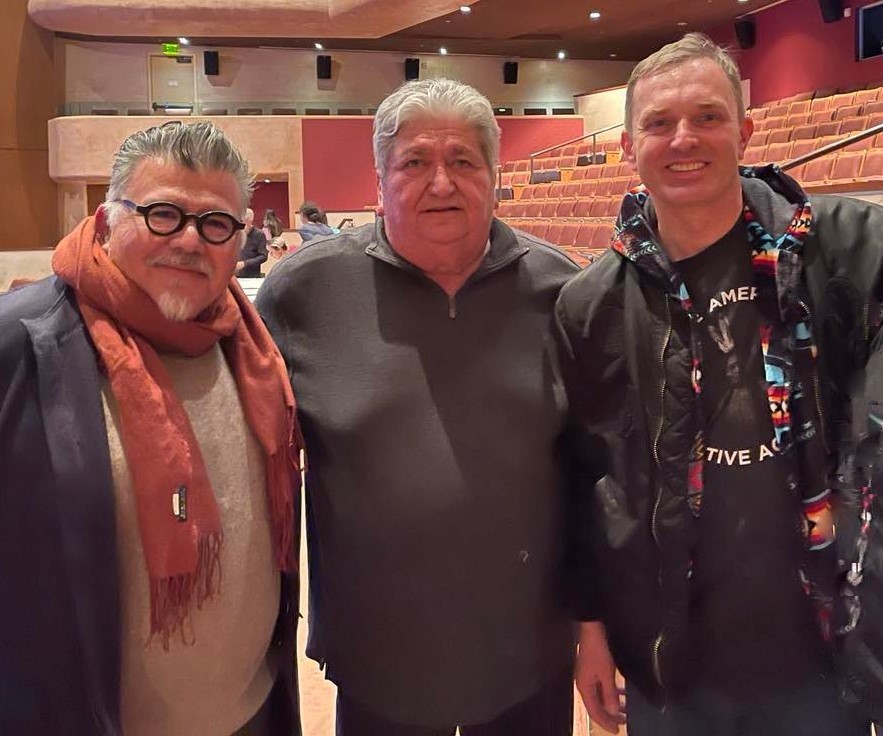
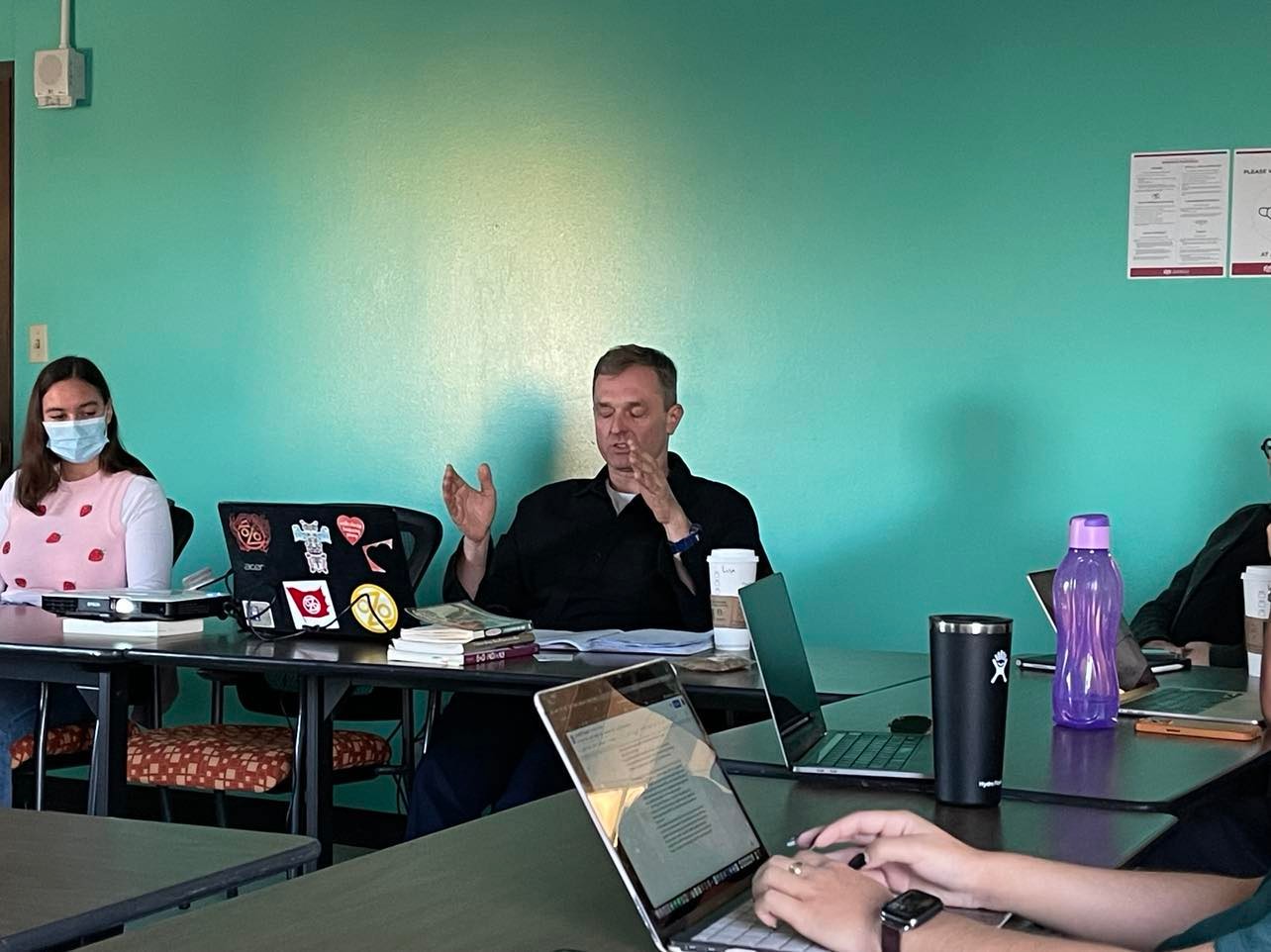
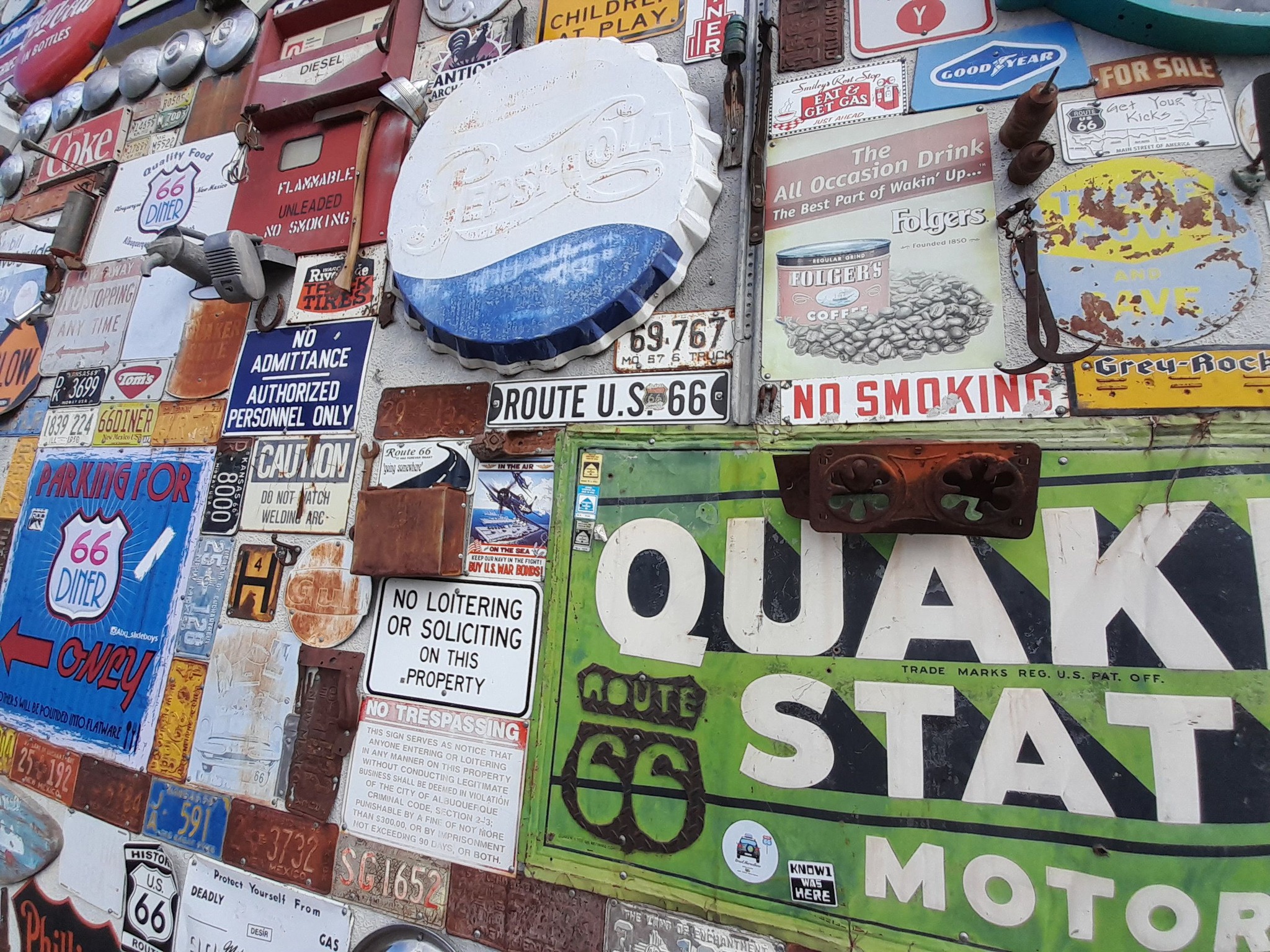
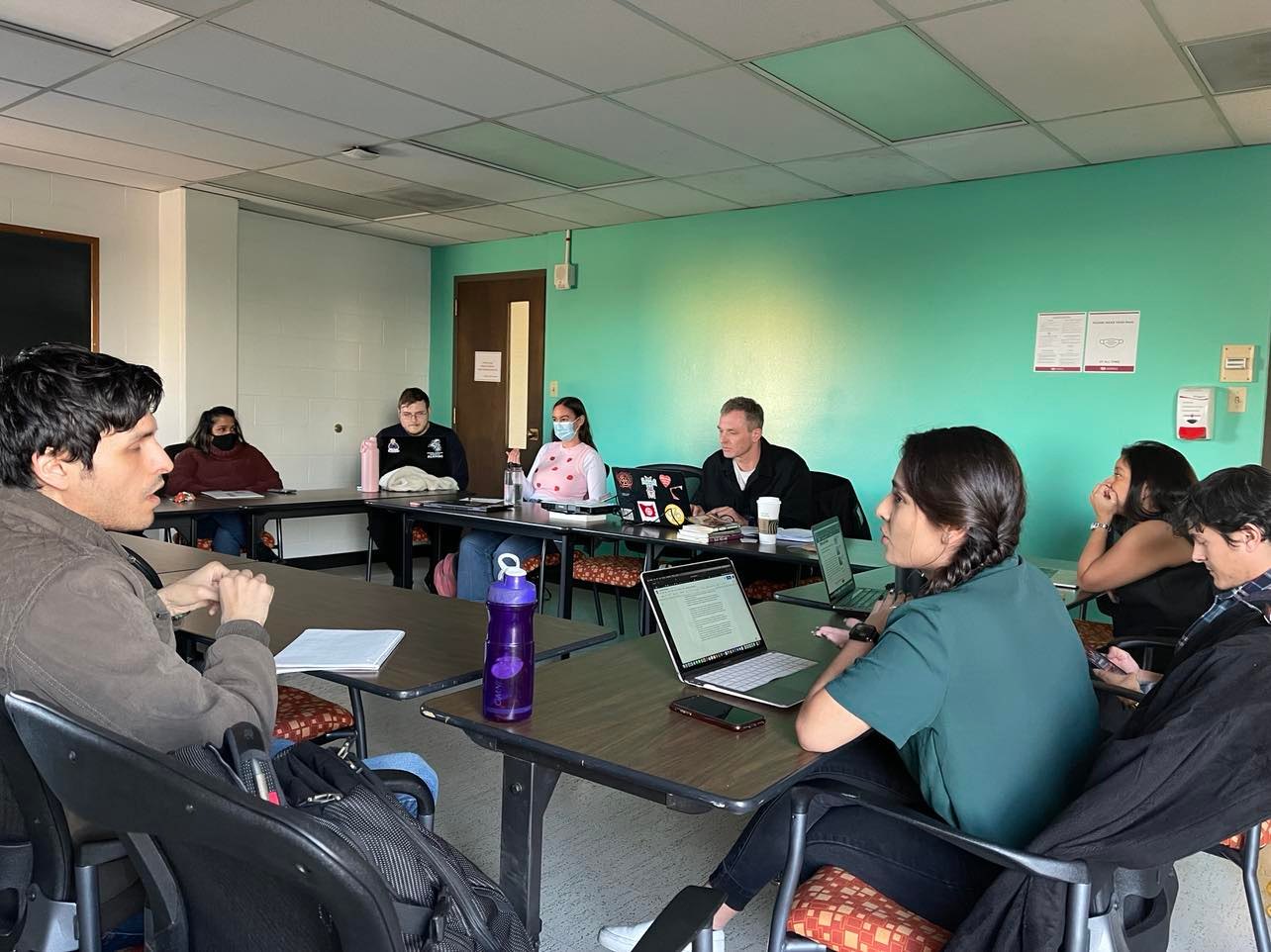
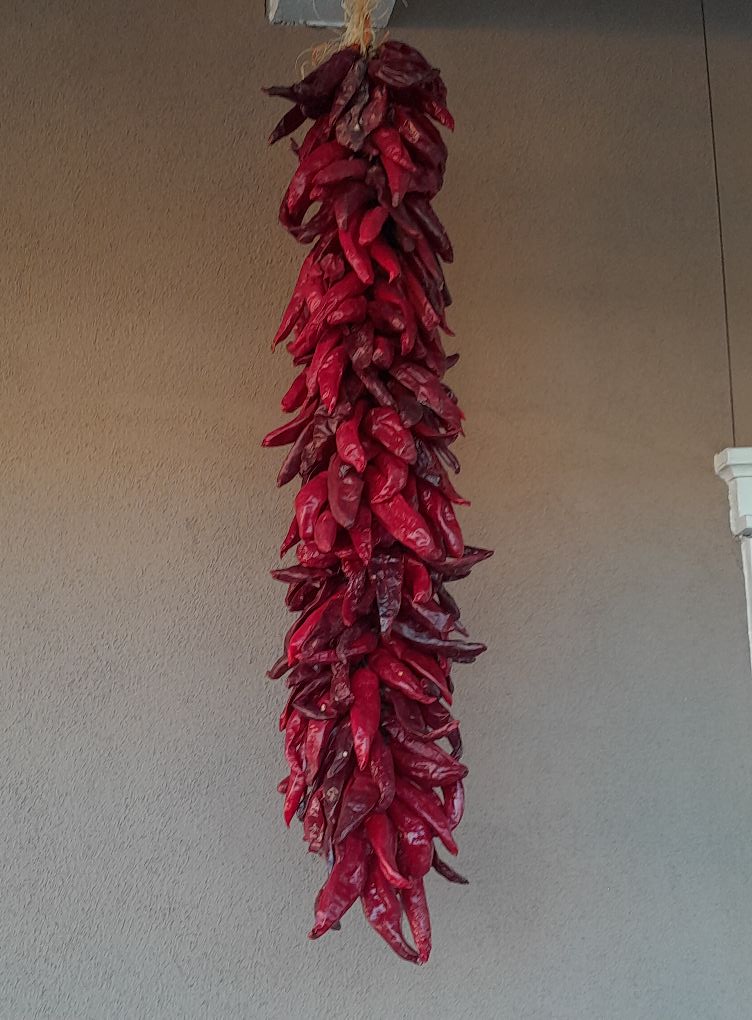
Marta Grzechnik and Alexander Drost of IBSC attended Korean-German Comparative Border Studies Forum in South Korea (25-28 October 2022).



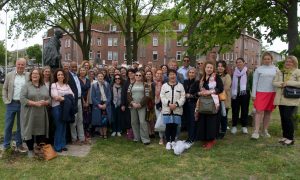
The 31st World History Association Conference “Distance, Mobility, and Migration” took place in Bilbao, Spain between 23 and 25 June 2022. The IBSC was represented by Dr. Marta Grzechnik.
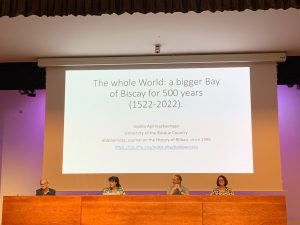
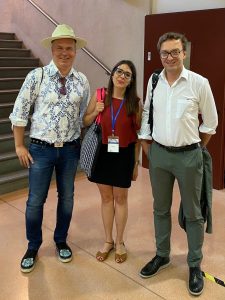
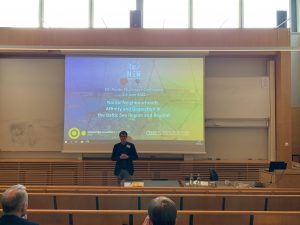
XII Congreso Internacional de Literatura Chicana y Estudios Latinos: La etica de la hospitalidad y el compromiso con el Otro en la literatura chican y los estudios latinos. (12th International conference on Chicano Literature and Latino Studies: The Ethics of Hospitality and the Commitment to the Other in the Chicano Literature and Latino Studies). Universitat Pompeu Fabra – Barcelona, 20-22 de junio de 2022/June 20-22, 2022. The conference was organized by HispaUSA and Universitat Pompeu Fabra in Barcelona, in collaboration with Instituto Franklin-UAH and Institut Català de la Vinya y el Vi. The biannual conference returned after the pandemic hiatus. The conference was originally scheduled for 2020. The theme of the conference, “hospitality”, was proposed three years ago and naturally some presenters have since changed their topics or were able to refine them. Some persons were sorely missed. The Texas fiction luminary Rolando Hinojosa, and scholar and editor Gary Keller, the usual presences at the Congreso have recently passed away. Apart from many interesting papers and lectures the highlights of the conference were: Luis Leal prize for Norma Cantu and her lecture, a lecture by U.S. Poet Laureate Juan Felipe Herrera, Herrera’s Ukraine War-inspired staged reading, launch of a new critical collection on Alejandro Morales’ fiction, the performance of The Canción Cannibal Cabaret by Amalia L. Ortiz and her band. The IBSC was represented by Grzegorz Welizarowicz who presented the research paper “Rituals of Welcoming: Latinx Encounters in California Place”.
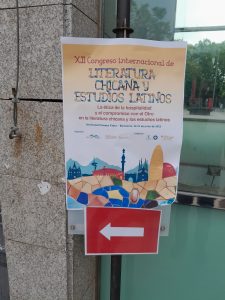
In June the PIASA 8th World Congress on Polish Studies took place in Białystok. This year the discussions focused on Borderlands. IBSC members took active part in these deliberations both in person and online, as the conference took on a hybrid form. The complete program is available here: https://events.piasa.org/…/8th-world-congress-on…/ It is worth reminding that the 7th World Congress took place at the University of Gdansk in 2019. Each time the PIASA Congress is organized in Poland the theme is different. Obviously the choice of Borderlands in the context of the current crisis on the Polish-Belarusian border made the academic discussions in Białystok ever more relevant.
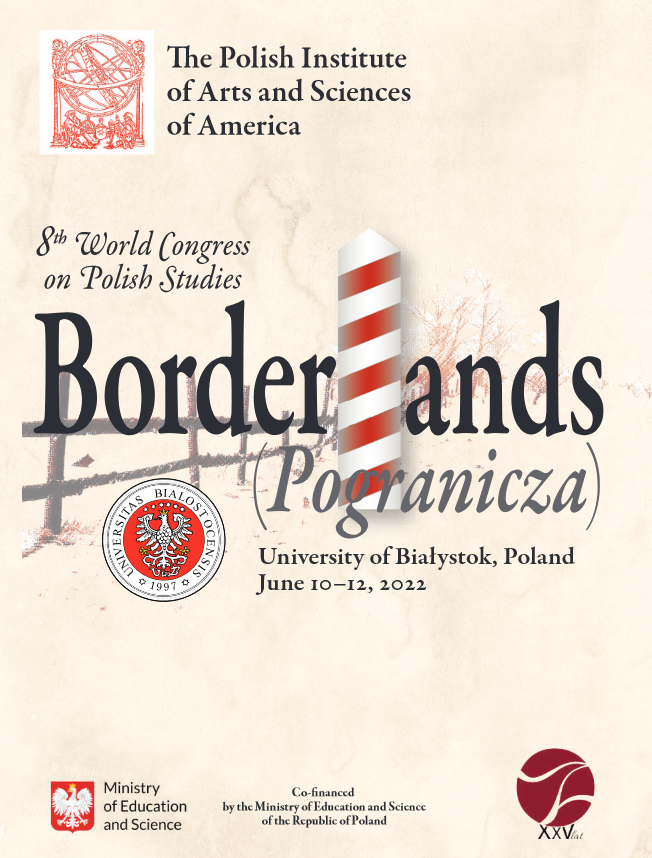
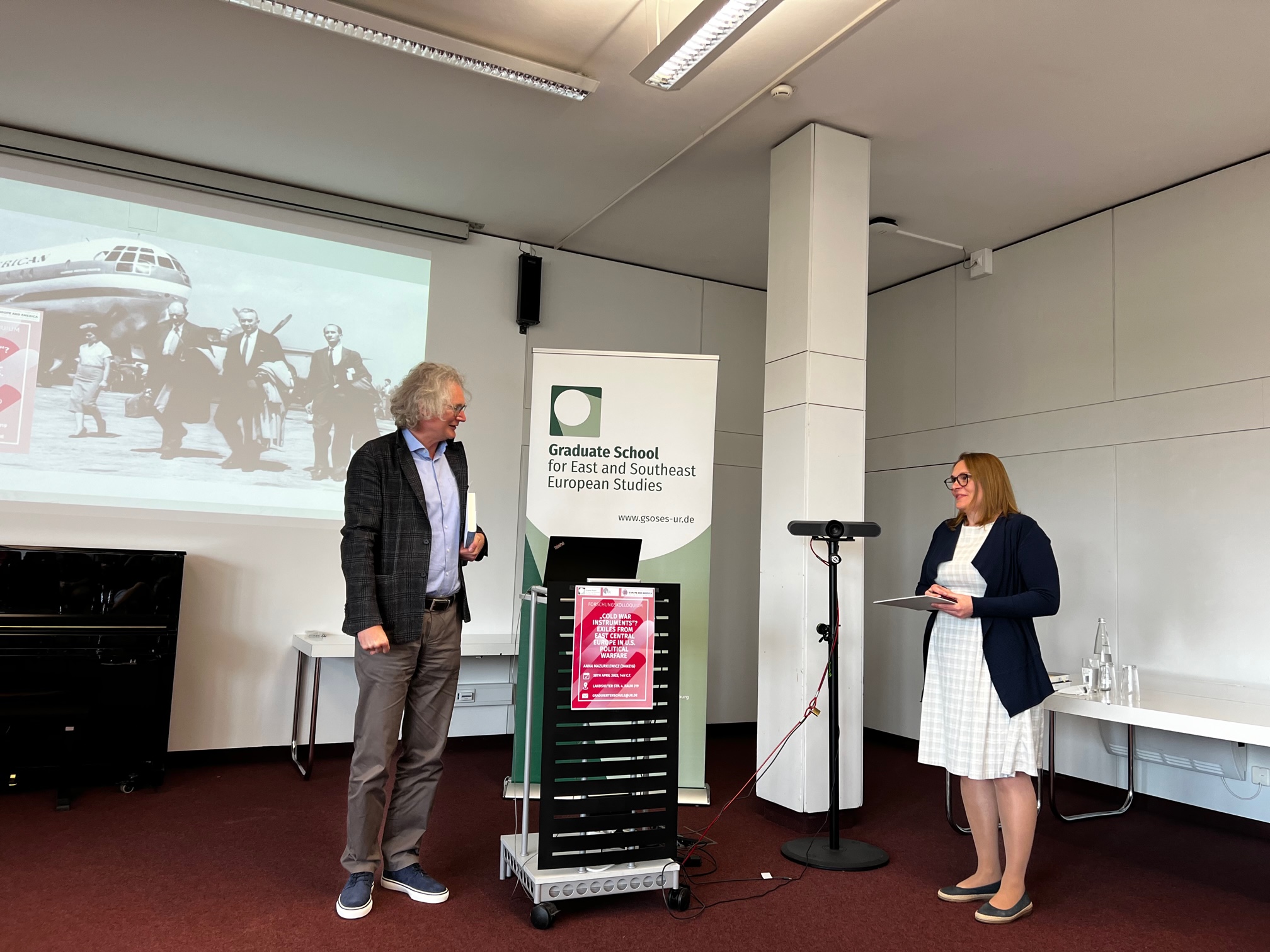
Anna Mazurkiewicz was a Visiting Professor at the ScienceCampus, University of Regensburg (Germany). Photos from the Research Colloquium: Cold War Instruments? Exiles from East Central Europe in U.S. Political Warfare. Organized by: Lehrstuhl Geschichte Südost‐ und Osteuropas an der Universität Regensburg Leibniz-Institut für Ost‐ und Südosteuropaforschung, Regensburg in Kooperation mit der Graduiertenschule für Ost‐ und Südosteuropastudien und dem Leibniz-WissenschaftsCampus “Europa und Amerika in der modernen Welt.” (28 IV 2022).
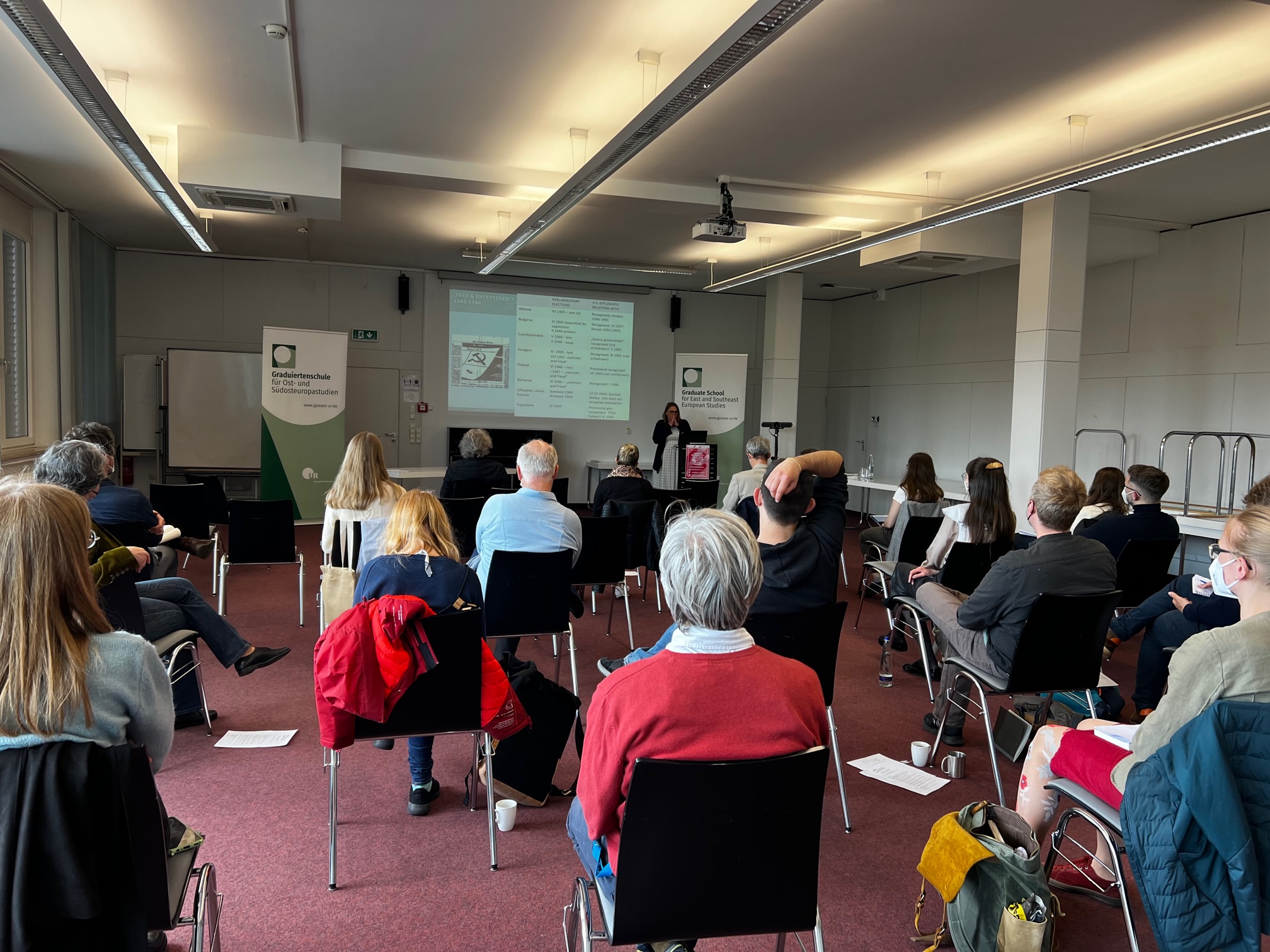
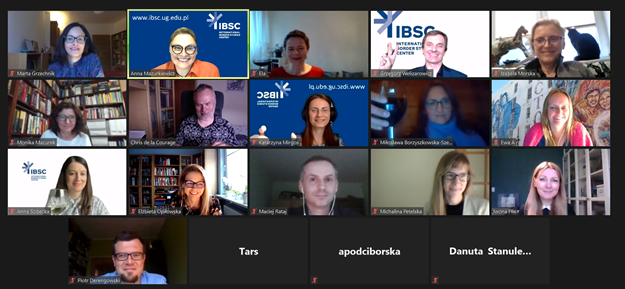
For Border Seminar program, please go to: https://ibsc.ug.edu.pl/events/conferences/
For more information go to: https://kbnmgdansk2021.ug.edu.pl/
